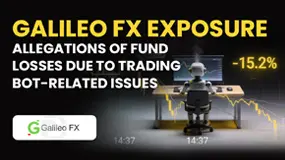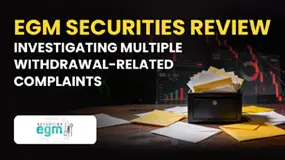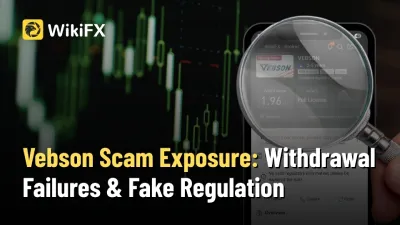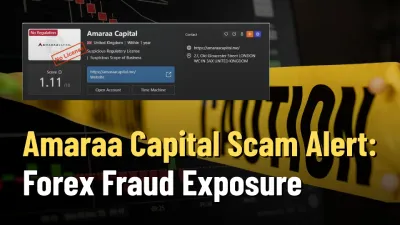Abstract:When assessing forex brokers, could the degree of leverage they offer be a key factor in determining whether they are regulated or potentially fraudulent?
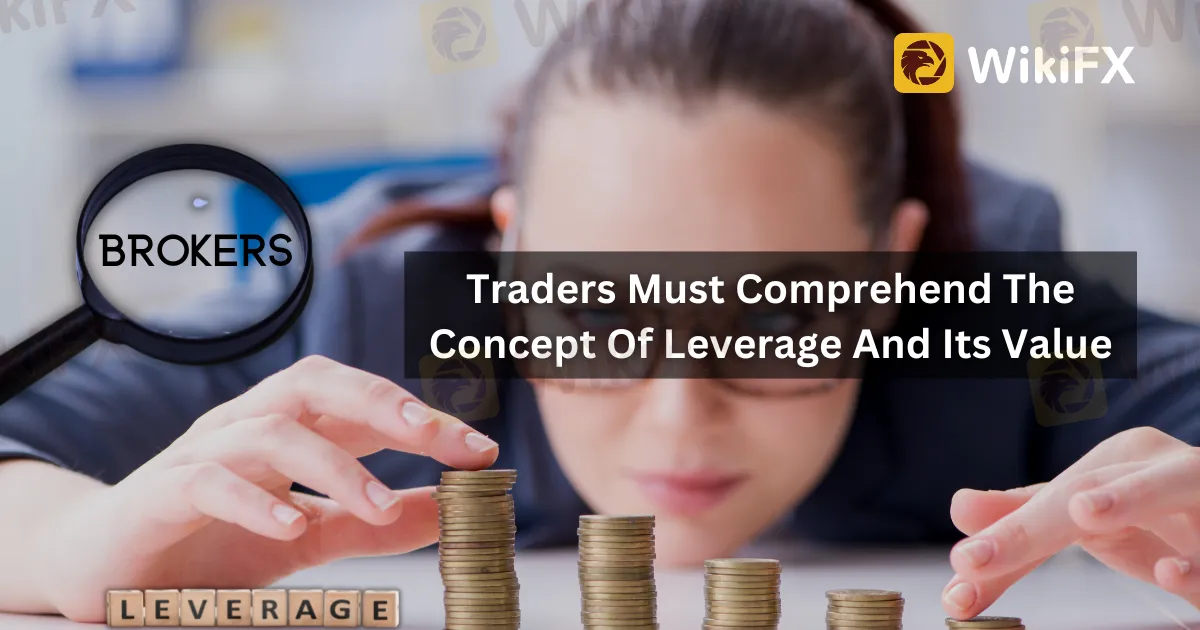
The impact of leverage
One unusual leverage that could determine whether a broker is a scam or regulated is excessively high leverage. Leverage is a financial tool that enables traders to increase their exposure to the market with borrowed funds. In the forex and CFDs trading industry, high leverage is often advertised as a selling point, allowing traders to potentially earn large profits with a small initial investment. However, high leverage also increases the risk of losses and can result in substantial financial damage if used incorrectly.
Determining the type of forex brokers
Regulated brokers typically offer lower leverage levels, which are restricted by the regulatory body in their jurisdiction. For example, in the United States, the maximum leverage for retail forex trading is limited to 50:1, while in Europe, it is capped at 30:1. Regulated brokers are required to follow strict guidelines to protect traders from excessive risk-taking and potential financial loss. In contrast, scam brokers often offer extremely high leverage levels, sometimes as high as 1000:1, in order to lure in unsuspecting traders and encourage them to take on more risk than they can handle.
WikiFX as a medium platform by 30 major financial regulators
WikiFX is a forex broker information platform that provides traders with information on forex brokers, including their regulatory status, trading conditions, customer feedback, and more. When it comes to choosing a broker in terms of leverage, here's how WikiFX can help:
- Provides information on brokers' leverage offerings: WikiFX provides information on brokers' leverage offerings, so traders can compare and choose the one that best fits their trading style and risk appetite.
- Offers user feedback and ratings: WikiFX allows traders to rate and leave feedback on brokers they have used, giving others an insight into the broker's performance and reliability. This can be useful in assessing the broker's quality of service and trustworthiness.
- Verifies brokers' regulatory status: WikiFX verifies the regulatory status of brokers and provides information on the regulatory bodies overseeing them. This can be helpful in ensuring the broker is operating within the confines of the law and adhering to industry standards.
- Provides a comprehensive broker review system: WikiFX provides a comprehensive review system that includes information on trading conditions, fees, account types, and more. This information can help traders make an informed decision when selecting a broker.

Overall, WikiFX can be a useful resource for traders who are looking for a broker in terms of leverage. By providing information on brokers' regulatory status, customer feedback, and trading conditions, traders can make an informed decision about which broker to choose.
Scam brokers in high leverage
Scam brokers that offer high leverage levels often operate in unregulated or offshore jurisdictions where they are not subject to strict regulatory oversight. They may also use other tactics such as offering unrealistic profit guarantees or bonuses to attract traders and use unethical practices such as market manipulation to increase profits at the expense of their clients.
Usual leverage on regulated forex brokers
In contrast, regulated brokers are held to higher standards of transparency and accountability. They are required to disclose their leverage policies and provide clear and accurate information on the risks associated with trading on margin. Regulated brokers are also required to segregate client funds from their own operational funds, ensuring that clients' funds are protected in the event of the broker's insolvency. They are also required to participate in financial compensation schemes, providing an additional layer of protection for traders.

It is important to note that not all high-leverage brokers are scams, and not all regulated brokers offer low-leverage levels. The key difference is the level of oversight and accountability that regulated brokers are subject to, which can provide traders with a greater level of protection and transparency. Traders should always conduct due diligence before choosing a broker, and carefully review their policies and regulatory status.
Conclusion
High leverage is a powerful financial tool that can result in significant gains or losses in the trading industry. Scam brokers often use high leverage levels as a way to lure in unsuspecting traders and encourage them to take on excessive risk. Regulated brokers, on the other hand, are subject to strict oversight and accountability, and typically offer lower leverage levels as a way to protect traders from financial loss. Traders should always do their due diligence and choose a broker that is regulated by a reputable authority and offers reasonable leverage levels that align with their risk tolerance and trading strategy.
Install the WikiFX App on your smartphone to stay updated on the latest news.
Download link: https://www.wikifx.com/en/download.html?source=fma3







